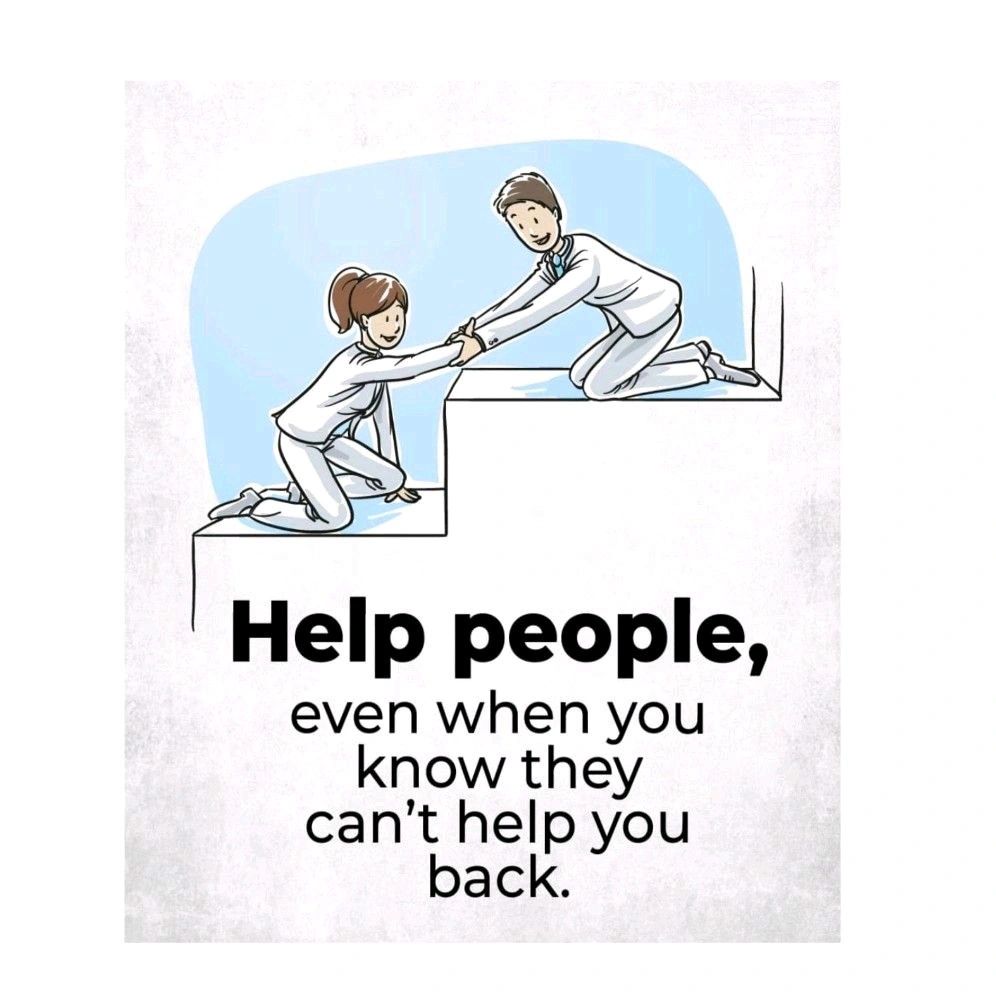Building a Culture of Encouragement: Leading Like Jesus
- Layne McDonald
- Nov 16, 2025
- 5 min read
Ever walked into a workplace and immediately felt the energy? You know what I'm talking about: that feeling where people genuinely seem to care about each other, where mistakes aren't met with eye-rolls but with "how can we help you learn from this?" That's what a culture of encouragement looks like, and it's exactly how Jesus led His team.
Here's the thing: most of us have experienced toxic leadership at some point. The micromanager who breathes down your neck. The boss who takes credit for your wins but throws you under the bus for failures. The leader who treats people like replaceable cogs in a machine. Jesus flipped all of that upside down, and we can too.
The Jesus Difference: It's All About Humility
When Jesus's disciples started arguing about who would be the greatest among them, He didn't give them a pep talk about healthy competition. Instead, He grabbed a towel and started washing their feet. Talk about a leadership mic drop moment.

Here's what made Jesus's leadership revolutionary:
• He served instead of being served - While other leaders demanded to be waited on, Jesus got down on His knees • He invested in the "unremarkable" - His team wasn't made up of religious superstars or business moguls • He showed genuine care for the person, not just their performance - He knew their families, their fears, their dreams • He was consistent - Same Jesus whether He was talking to fishermen or Pharisees
This wasn't some leadership strategy He read in a scroll. This was who He was. And that's the first lesson for us: building a culture of encouragement starts with our own heart transformation.
Getting Real: What Encouragement Actually Looks Like
Let's get practical. Building a culture of encouragement isn't about hanging motivational posters or having mandatory fun days. It's about creating an environment where people feel genuinely valued and empowered to grow.
Start with these foundation builders:
• Know your people beyond their job description - What are their kids' names? What challenges are they facing? What dreams do they have? • Celebrate effort, not just outcomes - Someone might fail at a project but show incredible growth in the process • Ask questions instead of giving answers - Jesus was constantly asking questions that made people think deeper • Share your own struggles - Vulnerability from leaders gives everyone permission to be human

The Trust Factor: Creating Psychological Safety
You know what kills encouragement faster than anything? Fear. When people are afraid to speak up, afraid to make mistakes, afraid to suggest new ideas: that's when cultures become toxic.
Jesus created incredible psychological safety with His team. Peter could deny Him three times and still be restored. Thomas could doubt and still be welcomed. The disciples could completely miss the point half the time, and Jesus would patiently explain things again.
Here's how to build that same safety:
• Respond to mistakes with curiosity, not anger - "What can we learn from this?" beats "Who screwed up?" every time • Encourage questions, even uncomfortable ones - If someone's thinking it, others probably are too • Be quick to forgive and restore - Don't let resentment build up in your team culture • Share power and decision-making - Jesus sent His disciples out with authority, not micromanagement

From Encouragement to Empowerment
Here's where it gets really good. Jesus didn't just encourage His team: He empowered them to do things they never thought possible. Fishermen became evangelists. A tax collector became a gospel writer. Regular people changed the world.
The empowerment pathway looks like this:
• Start with belief - See potential in people before they see it in themselves • Give meaningful responsibility - Don't just delegate busy work; give them ownership of important outcomes • Provide support without hovering - Be available when they need help, but don't micromanage • Celebrate their wins publicly - Make sure everyone knows when team members succeed
Think about Peter walking on water. Jesus didn't say, "Maybe you should practice in a kiddie pool first." He said, "Come on." That's empowerment in action.
Handling the Hard Stuff: Encouragement Through Difficulty
Let's be honest: not everything is sunshine and encouragement. Sometimes you have to have tough conversations. Sometimes people need correction. Sometimes the team faces real challenges.
Jesus faced all of this too. He had to rebuke Peter for trying to stop Him from going to the cross. He had to call out the disciples when they were being selfish. He faced betrayal, abandonment, and ultimate rejection.
But notice how He handled the hard stuff:
• He spoke truth with love - Correction came from a place of care, not frustration • He stayed consistent in character - Didn't become someone else when things got tough • He focused on growth, not punishment - The goal was always restoration and learning • He modeled resilience - Showed them how to handle setbacks and keep moving forward

Making It Stick: Daily Habits That Build Culture
Culture isn't built in big moments: it's built in daily interactions. The way you start meetings. How you respond to bad news. What you celebrate and what you ignore.
Start implementing these daily practices:
• Begin each day asking how you can serve your team - Not what they can do for you • End each day reflecting on encouragement given - Did you lift someone up today? • Look for opportunities to catch people doing things right - We're naturally good at spotting problems • Invest in your own growth - You can't give what you don't have
Jesus constantly slipped away to spend time with the Father. He knew that leading from an empty tank wasn't sustainable. Neither is yours.
The Ripple Effect: When Encouragement Becomes Contagious
Here's what's amazing about building a culture of encouragement: it spreads. When people feel genuinely valued and empowered, they start treating others the same way. When they experience grace for their mistakes, they extend grace to teammates. When they're celebrated for their contributions, they start looking for ways to celebrate others.
This is exactly what happened with Jesus's disciples. A bunch of regular guys caught His vision and His heart, and it changed everything. They went from arguing about greatness to laying down their lives for others.
Your leadership can have that same ripple effect. The encouragement you give today might be the thing that transforms someone's entire approach to life and relationships.
Your Next Step: Start Where You Are
You don't need a complete leadership overhaul to start building a culture of encouragement. You just need to start where you are, with who you have, doing what you can.
Maybe it's as simple as really listening in your next one-on-one meeting. Maybe it's choosing to respond to the next mistake with curiosity instead of frustration. Maybe it's taking time to celebrate a team win you normally would have just moved past.
Jesus changed the world by loving twelve people really well. You can change your corner of the world by loving the people right in front of you really well.
The world is desperate for leaders who genuinely care, who see potential in people, who create environments where others can flourish. That's exactly the kind of leader Jesus was, and it's exactly the kind of leader He's calling you to be.
Ready to dive deeper into Christ-centered leadership that transforms both you and your team? Visit laynemcdonald.com to learn more, request prayers, explore training and small groups, music, videos, and personalized monthly coaching that will help you lead like Jesus in every area of your life.

$50
Product Title
Product Details goes here with the simple product description and more information can be seen by clicking the see more button. Product Details goes here with the simple product description and more information can be seen by clicking the see more button

$50
Product Title
Product Details goes here with the simple product description and more information can be seen by clicking the see more button. Product Details goes here with the simple product description and more information can be seen by clicking the see more button.

$50
Product Title
Product Details goes here with the simple product description and more information can be seen by clicking the see more button. Product Details goes here with the simple product description and more information can be seen by clicking the see more button.
Comments